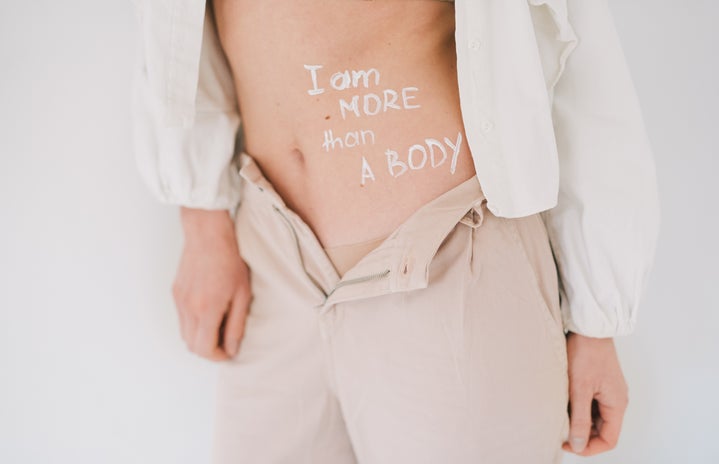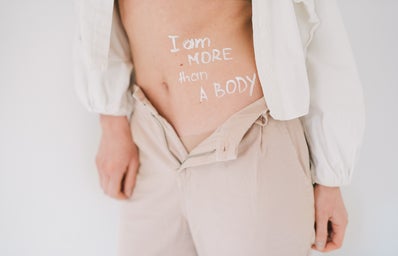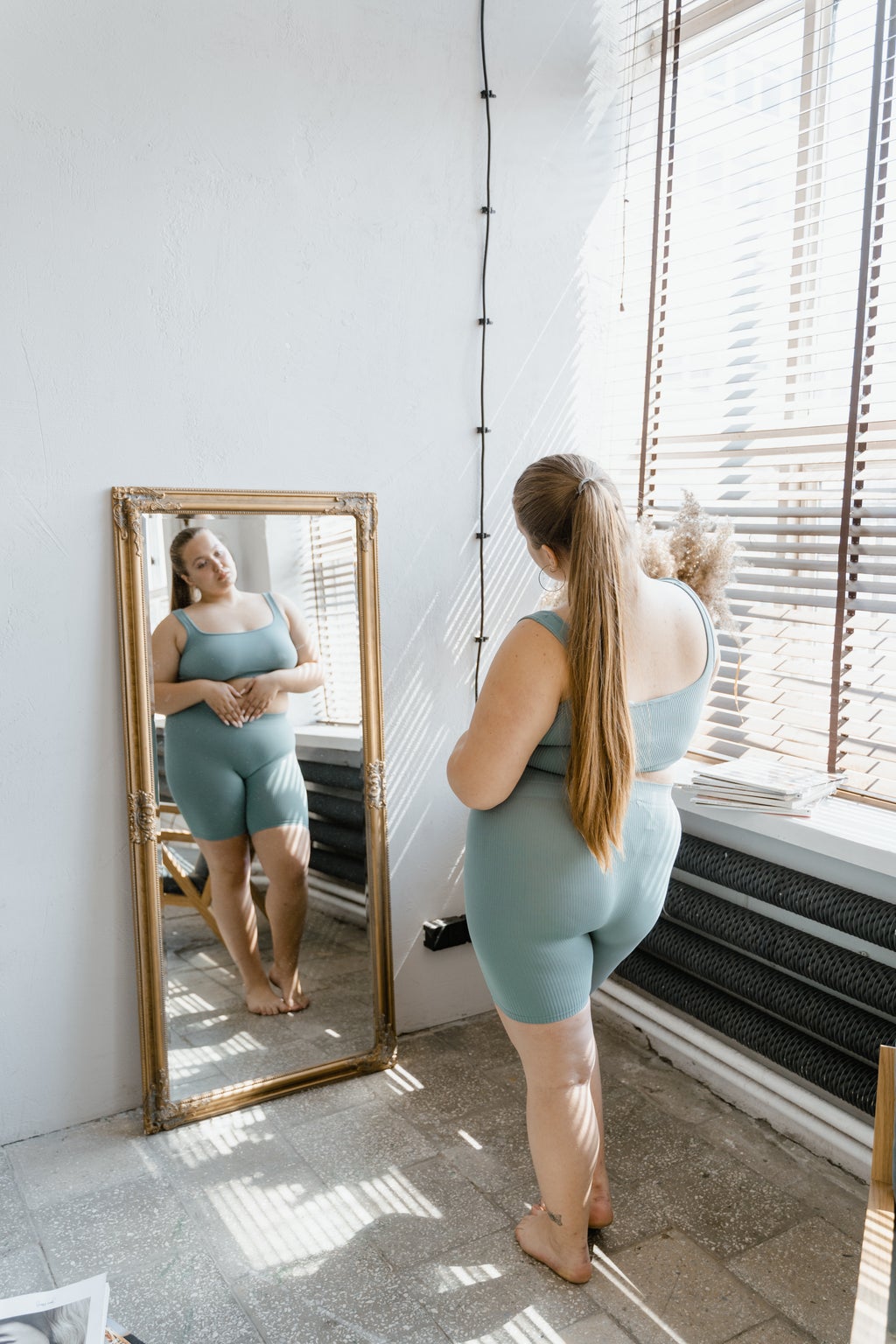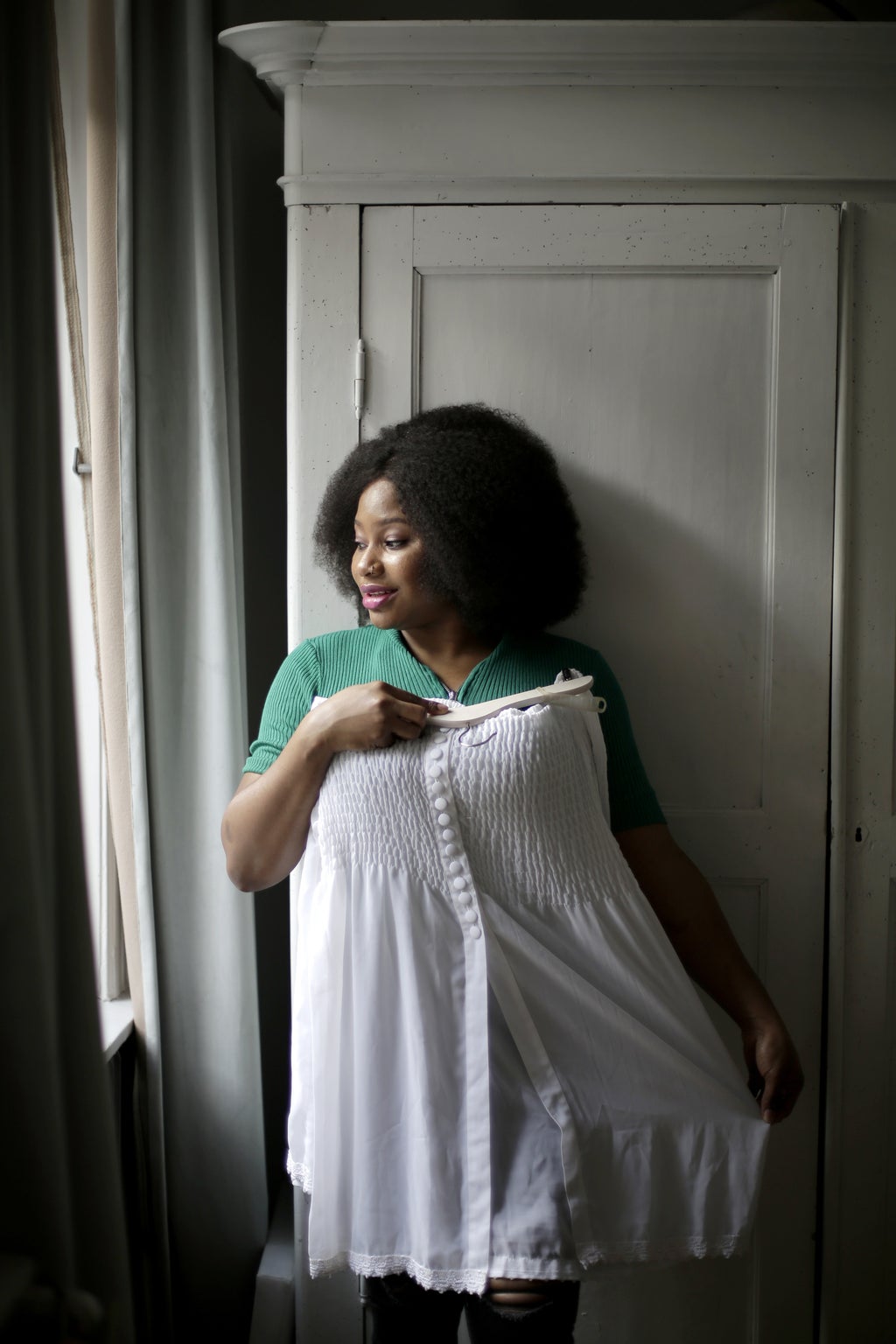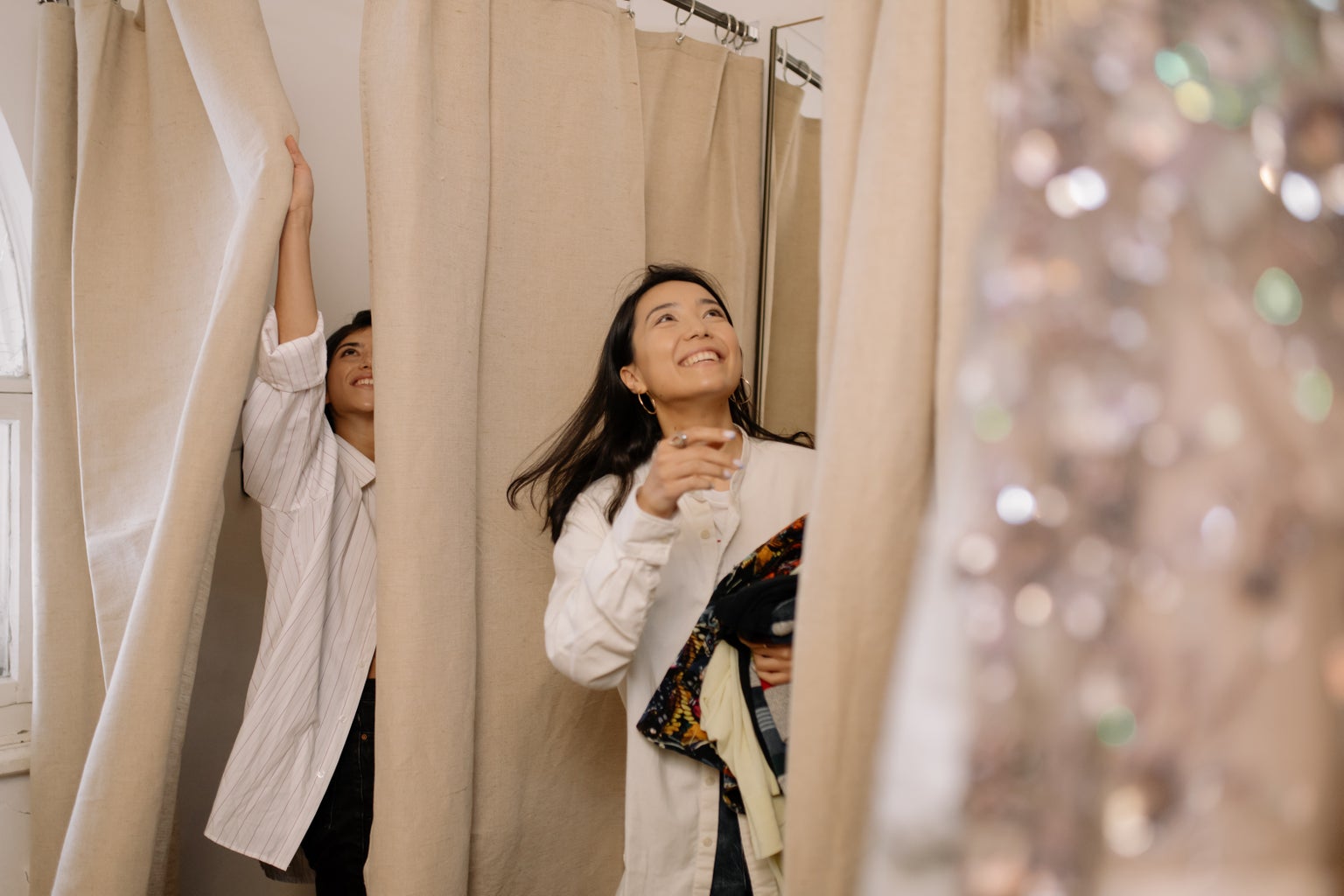Throughout my teen years, I composed an ever-growing mental checklist of what does and doesn’t look flattering on me: Fit and flare dresses are flattering because they create an hourglass shape. Strapless tops aren’t flattering because they expose my chubby upper arms. High-rise jeans are flattering because they cover and smooth my stomach.
And on and on and on.
I fully bought into the mindset of dressing to flatter my body, allowing a pre-set rubric of fashion rules to dictate what I purchased and dared to wear out. Despite how often I heard the word “flattering” in the media and in my day-to-day life, I never paused to consider what the term really meant.
Now, I’m taking the time to interrogate what “flattering” actually implies. I’ve found that when someone says that my outfit is “So flattering!” they’re never just telling me that I look nice. They deem my look flattering because it makes me look thinner, taller or curvier in the right places. Being told a clothing item is flattering used to feel like a compliment, but now I see “flattering” as a euphemism reinforcing my compliance with beauty standards.
It’s not the ’90s anymore, so brands and untactful family members can’t throw around words like “slimming” with the same ease as they used to. This is where “flattering” comes in, conveniently expanding to fill the gap created by our generation’s rejection of blatant diet-culture slang. But just because “flattering” sounds less abrasive doesn’t make it a kind or helpful term to inject into fashion conversations. Whenever we call a clothing item flattering, we imply that another option is unflattering. For example, if someone claims that one-piece swimsuits are flattering for plus-size girls, that suggests they don’t think bikinis look as good on bigger bodies. This is why when we collectively uphold the guidelines of what’s flattering, we trap ourselves in a web of body policing and shame.
Realizing how loaded it is to call a clothing item flattering has prompted me to totally rethink the art of compliments. There are so many better things to talk about than how a piece of fabric hides your body! Now, when I notice a friend wearing a super cute fit, I steer clear of this fashion f-word. I support the women in my life by focusing on how the clothing lets their inner beauty shine through, using phrases like “You look gorgeous in that shirt!” or “That shirt is stunning! You look so radiant!” I’ve also been paying more attention to the compliments that I receive. True compliments regarding how confident I seem in a certain outfit or how “me” a jewelry piece looks always resonate with me on a deeper level. Compliments that go beyond “flattering” actually stick because I know that I’m appreciated for being me, not for warping into an idealized version of myself.
So, as we continue through spring and the weather heats up, wear whatever you want to wear. I, for one, will definitely rock some stunning shift dresses, halter tops and mid-rise shorts. If you too have grown up with the term “flattering” plaguing your shopping trips, I hope this has been your wake-up call to rethink the power you allot to that word. Flattering shouldn’t feel like your constant priority—privilege your comfort, confidence and self-expression instead.
